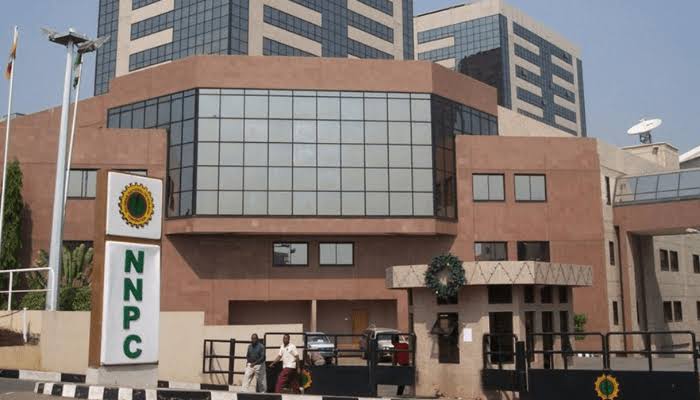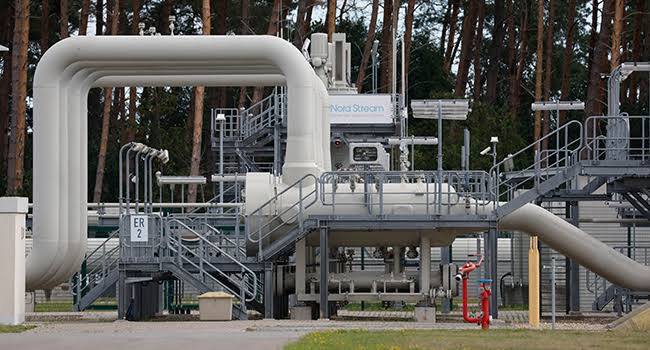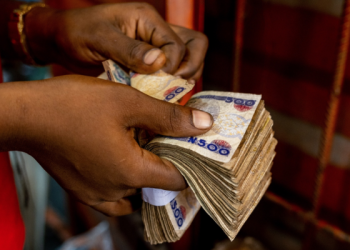The Nigerian National Petroleum Company Limited (NNPCL) has entered into a landmark agreement with the Brass Fertiliser and Petrochemical Company to supply gas for its $3.3 billion methanol manufacturing project. This agreement is seen as a major step in Nigeria’s efforts to industrialize using its vast natural gas resources.
The deal, which was signed alongside key industry players like Shell, TotalEnergies, and Agip, comes nearly a decade after it was first announced. Ekperikpe Ekpo, Minister of State for Petroleum Resources (Gas), described it as “a significant milestone” in the country’s ongoing efforts to monetize its gas reserves. The project, once completed, is expected to contribute to Nigeria’s economic growth and industrialisation.
What They Are Saying: Significant for Nigeria’s Industrial Growth
At the signing ceremony, Ekpo emphasized the importance of the agreement, noting that it marked a crucial step towards realizing the Brass Methanol Project. “This Signing Ceremony is a significant milestone in the development of the US$3.3bn Brass Methanol Project,” he said. The minister highlighted that the project aligns with the government’s broader agenda to attract foreign direct investment and industrialize using the country’s natural gas reserves.

Ekpo added that this initiative is expected to generate over $1.5 billion annually through exports of fertilizers, petrochemicals, and other gas-based products. Furthermore, the project will reduce the country’s reliance on imported fertilizer by 30%, saving Nigeria about $200 million in foreign exchange each year.
The Permanent Secretary of the Ministry of Petroleum Resources, Ambassador Nicholas Ella, echoed the minister’s sentiments, stating that the project will create over 5,000 direct jobs and 35,000 indirect jobs. He noted that the economic ripple effects will be particularly felt in the Niger Delta region, improving livelihoods in the host communities.
Why It Matters: Boosting Nigeria’s Economy and Reducing Gas Flaring
This agreement is significant for several reasons. First, it is a key achievement under Nigeria’s “Decade of Gas” initiative, which aims to position gas as the engine for the country’s industrialization and energy security. By fully utilizing Nigeria’s vast gas resources, the government seeks to accelerate economic development while ensuring energy sustainability.
Moreover, the project is aligned with Nigeria’s commitment to achieving zero routine flaring by 2030, a crucial environmental goal. Flaring, or burning off excess gas during oil production, has long been a problem in Nigeria, contributing to both economic waste and environmental damage. By redirecting gas toward productive projects like methanol production, the country is moving closer to meeting both its economic and environmental targets.
Additionally, the project’s expected $1.5 billion in annual exports will significantly boost Nigeria’s economy, while its impact on fertilizer imports will help ease foreign exchange pressure on the country’s reserves.
Bottom Line: A Strategic Move with Long-Term Benefits
The NNPCL’s agreement with Brass Fertiliser and Petrochemical Company marks a strategic step towards maximizing Nigeria’s gas potential for industrial and economic growth. With promises of job creation, export revenue, and a reduction in gas flaring, the project has the potential to reshape Nigeria’s energy landscape.
However, while the project promises substantial economic and environmental benefits, its success will hinge on timely completion and continued collaboration among stakeholders. As Nigeria seeks to position gas as the cornerstone of its energy policy, this project could serve as a blueprint for future investments in the sector. Ultimately, the real test will be whether the benefits translate into lasting improvements in Nigeria’s economy and the lives of its citizens.

















